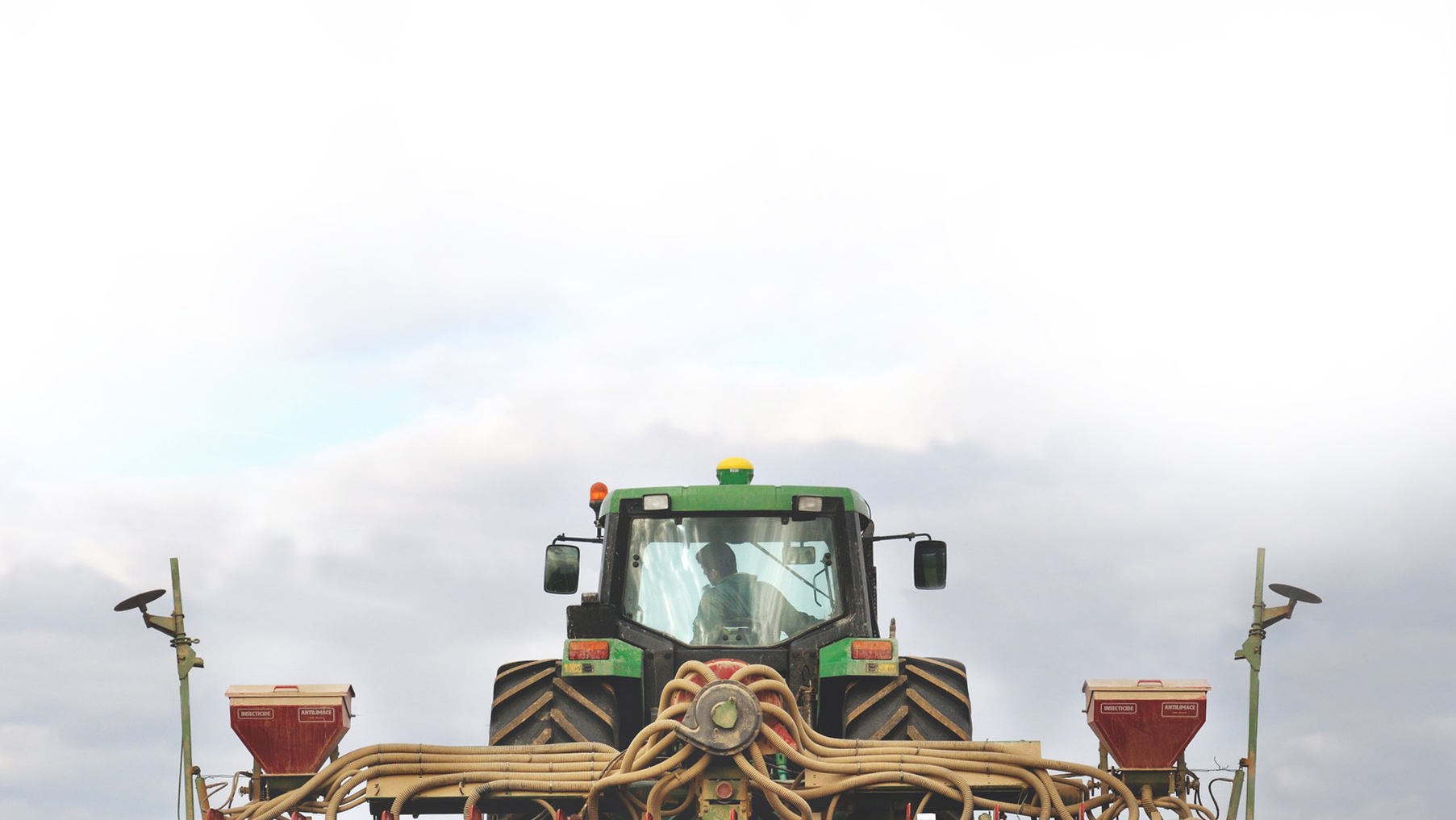Changing patterns of African agro-food exports and challenges of integration into global value chains
The 2014 African Economic Outlook (AEO) report has been published, covering both North Africa and Sub-Saharan Africa. The report, published by the African Development Bank (AfDB), OECD and UNDP, maintains that “there is significant scope for growth in intra-African trade in agricultural goods.”
The report notes that in 2012, African agricultural exports were valued at US$57 billion, some 9.1% of African merchandise exports. Between 2005 and 2011 African agricultural trade grew at 14% per annum in value terms. By 2012, “intra-African agricultural trade amounted to US$13 billion, or 23.5% of the total, up 4% from 2005”. Asia received 21.7% of Africa’s agricultural exports (some US$12 billion), up from 16.7% in 2005. However, nearly half of African agricultural exports (US$26 billion) were destined for European markets, where they accounted for 3.9% of Europe’s agricultural imports (up from 2.7% in 2005). The AEO report maintains that a “strategic leap in South–South and intra-African trade” is now under way.
To consolidate the growth in intra-regional trade in agro-food products, the AEO report considers that regional groups in Africa require “strengthened capacity to support the negotiation and implementation of regional agreements”. It maintains that “the elimination of non-tariff barriers, simplification of border procedures – supported by improved regional transport infrastructure – will improve trade efficiency.” It points out, however, that there are also “legislative and institutional gaps in some regional communities” in respect of competition policies and, in particular, mechanisms for dispute settlement (see Agritrade article ‘ Submission on the need to activate the dispute settlement provisions of…’, 8 December 2014).
More broadly the report maintains that “multinationals are investing more in African agriculture,” but “booming commodity investments are not yet creating the industries and services the continent needs.” Multinationals are nevertheless “enhancing Africa’s local agricultural production and involvement in global value chains through local sourcing that gives them an edge in global markets”.
Despite the multinational investment in African agriculture-based value chains, Africa’s “contribution to the global value chains is a mere 1.5%”. This is attributed to the “lack of a reliable planning of value chain activities”, with “no clear link with innovative policies and regulatory development to allow the continent to scale up value chains”.
The report suggests Africa’s “national and regional comparative advantages can be found in low labour costs and low-tech activities” in “cocoa, rice, cassava, pineapples, peanuts and cotton”, with this having the potential to stimulate value chain development in the continent. However, for this comparative advantage to be exploited, it is implied that the current “overreliance on external investors, foreign technology and capacity” will need to be addressed.


